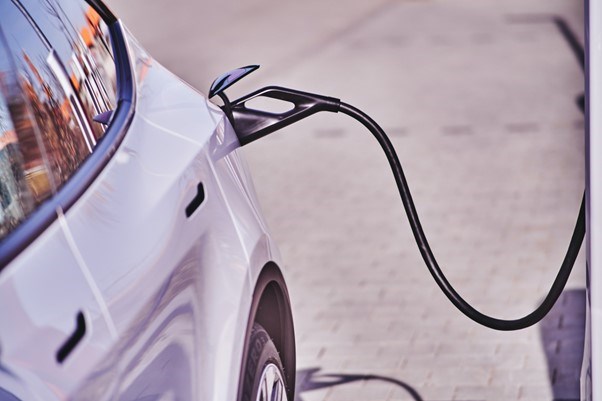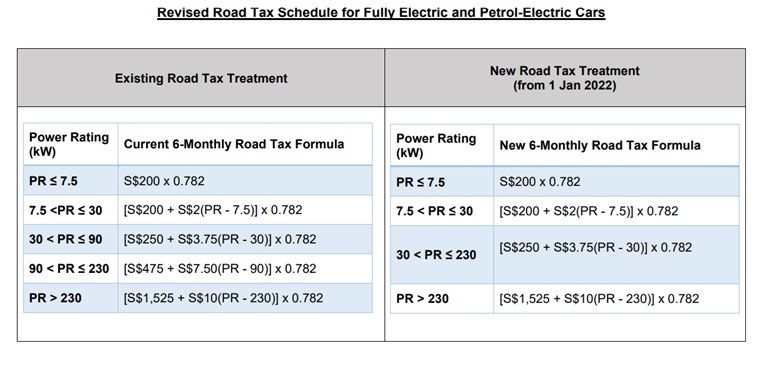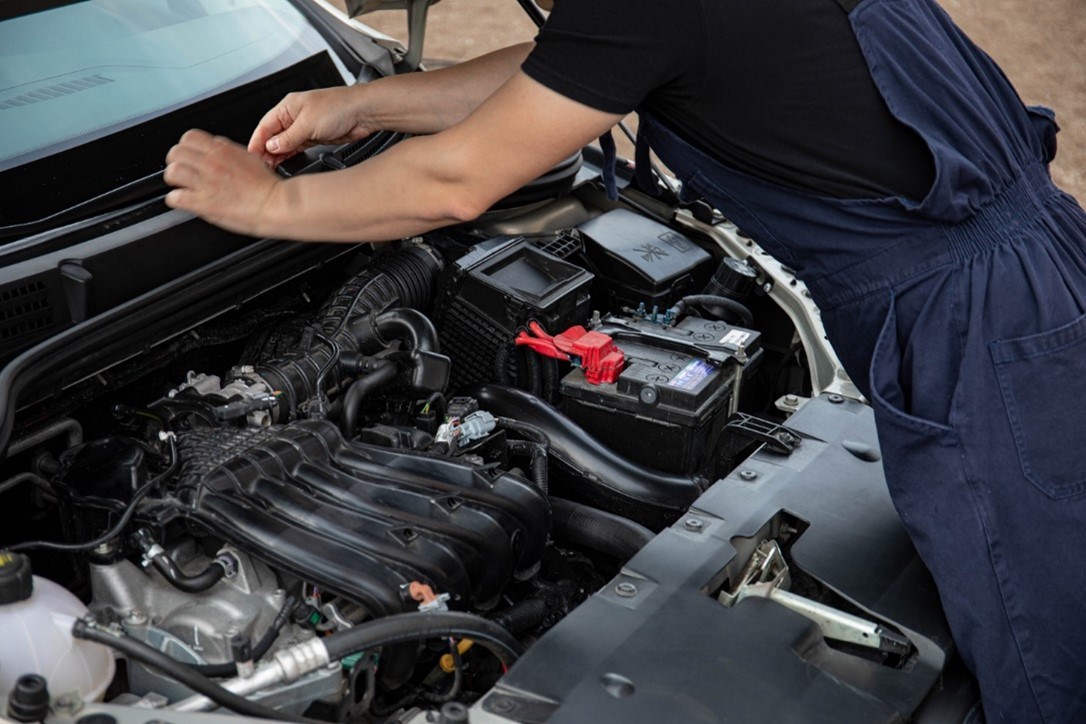EV Safety, Battery & Charging:

EV Safety
- All Electric Vehicle Supply Equipment (EVSE) installed in Singapore needs to comply to the Technical Reference 25 (TR25) in which it is mandated to comply to the necessary International Electrotechnical Commission (IEC) standards to ensure safety.
- EV uses lithium-ion batteries which is of a lower risk of fire explosion in comparison to using comparing to gasoline of an internal combustion engine (ICE) vehicles.
- EV are equipped with Battery Management System (BMS) which monitors, protects, and ensures that the battery operates within safety limit of each EV preventing risks of battery fires.
EV Batteries
- EV batteries are typically enveloped with a blanket of protective coolant liquid to prevent short-circuit or external damage and are arranged in an array restraining malfunctioning damage.
- EV battery typically lasts 10 to 20 years.
- Avoid overcharging as heat generated during charging can harm the battery.
EV Charging
- All public chargers need to be inspected on a regular basis to ensure safety for public use.
- LTA has set a target of making every HDB town to be EV-Ready by 2025 and deploying 60,000 EV charging points island wide by 2030.
- Download the MyTransport.SG to locate the nearest public charging point.
Cost of Electric Vehicle Ownership

Maintenance Cost
- Initial costs are higher than the average Internal Combustion Engines (ICE) models,
- However, cheaper over its lifetime due to lower annual running costs in terms of maintenance and petrol.
- Less wear and tear of components: no oil to change, no gaskets, valves, and spark plugs or any typical consumables to replace.
Road Tax
- Revision of road tax framework for electric cars from 1 January 2022:
- Road taxes for fully electric and petrol electric cars will be reduced by up to 34 per cent for those whose cars are in the 90-230kW power rating bracket.

Source: https://www.lta.gov.sg/content/dam/ltagov/news/press/2021/210304_Revised_road_tax_schedule_AnnexB.pdf
Insurance
- Electric vehicle insurance options in Singapore are limited compared to motor insurance plan for internal combustion engine.
- Contact us at 6631 1000 or email us at insurance@inchcape.com.sg for a quote!
- Download the MyTransport.SG to locate the nearest public charging point.
Maintenance

12V Battery
- Check the 12V battery yearly.
- Best practice – conduct car battery voltage test regularly.
Brake fluid change
- Check the brake fluid regularly.
- Schedule your electric car brake inspection and fluid flush every 3 to 5 years.
Tire Rotations
- Keep up with tire rotation.
- The interval between tire rotations is typically 8,000 to 16,000km.
Air Filter Replacement
- Should be replaced every 2 to 3 years to reduce smoke, pollen, road dust, dirt, and other potentially harmful particles.